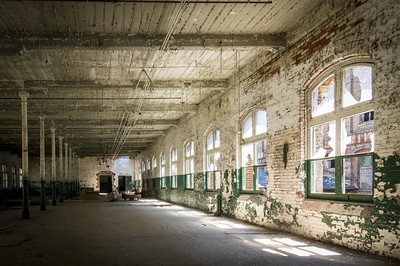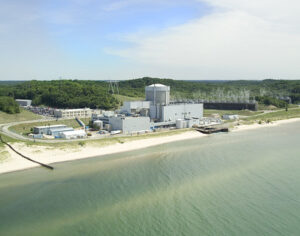I ran across an interesting article about the history of unemployment in Michigan over the last five decades. In most years, except for a string between 1994 and 2000, Michigan’s unemployment rate has been stubbornly higher than the national average. In looking at the data, I can’t help but think that Michigan’s community colleges have a role in changing Michigan’s unemployment story.
Michigan’s outsized reliance on manufacturing often features in explanations of why the number of non-working residents leads those of other states. What I find curious is that if everyone can point to the problem, why isn’t anyone working on the solution? Diversifying the major economic drivers in an area can work wonders for reviving an economy. Not long ago, I wrote about Pittsburgh’s experience with diversifying its economy after the steel industry there collapsed.
Community colleges there played an important role in realigning the workforce with new opportunities in technology, finance, and healthcare. The turnaround took $10B in investments over two decades. A half-billion dollars per year doesn’t seem like that much of an investment, especially when you consider that Washtenaw County taxpayers will send 14% of that amount to WCC this year alone.
Realigning Michigan’s workforce with emerging economic opportunities could be the catalyst that enables us to retain more of our prime age workers and attract new workers to the area. It’s not impossible; at one point, Michigan boasted the 8th largest personal income in the US. Today, Michigan’s average personal income ranks 39th among all states, and it is likely to continue sliding.
Economic diversification can help workers avoid unemployment
Looking at the last five decades, unemployment peaked at 15.4% under the Milliken administration, which was 158% of the national jobless rate. At that time, more than 660,000 Michiganders were jobless and looking for work. In 2022, Michigan’s average unemployment rate was about 4.2%, leaving more than 200,000 Michiganders out of work and looking.
Just as in Pittsburgh, community colleges have an important role to play in diversifying the economy. Rather than relying on manufacturing trades, it makes more sense to select some non-manufacturing, high-demand, high-wage jobs and industries, and develop programs to put workers and would-be workers in those positions.
While it is still necessary and desirable to support Michigan’s manufacturing industries, it also makes sense to build new, unrelated industries that can help people remain employed when manufacturing tanks, as we know it is prone to do. Additionally, manufacturing is often physically demanding. More diverse economic opportunity would allow older workers to escape the manufacturing industry when it takes a toll on a worker’s physical health. Education could allow more prime-age workers to remain here while still providing the economic mobility they need.
Under these circumstances, it’s a shame that the WCC Trustees don’t insist on this, and also approve the diversion of educational dollars to side projects like the Health and Fitness Center.
Photo Credit: Thomas, via Flickr






















